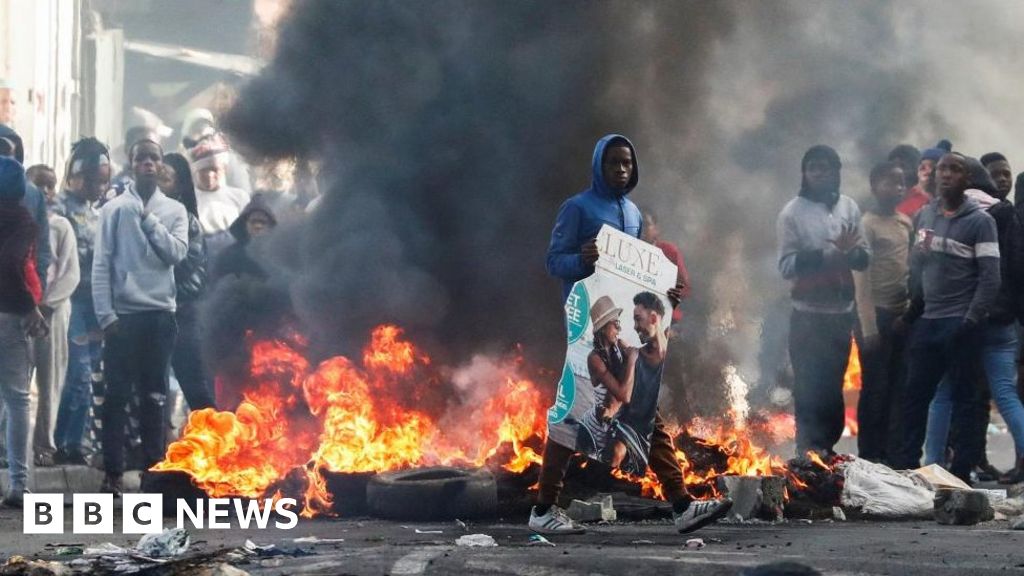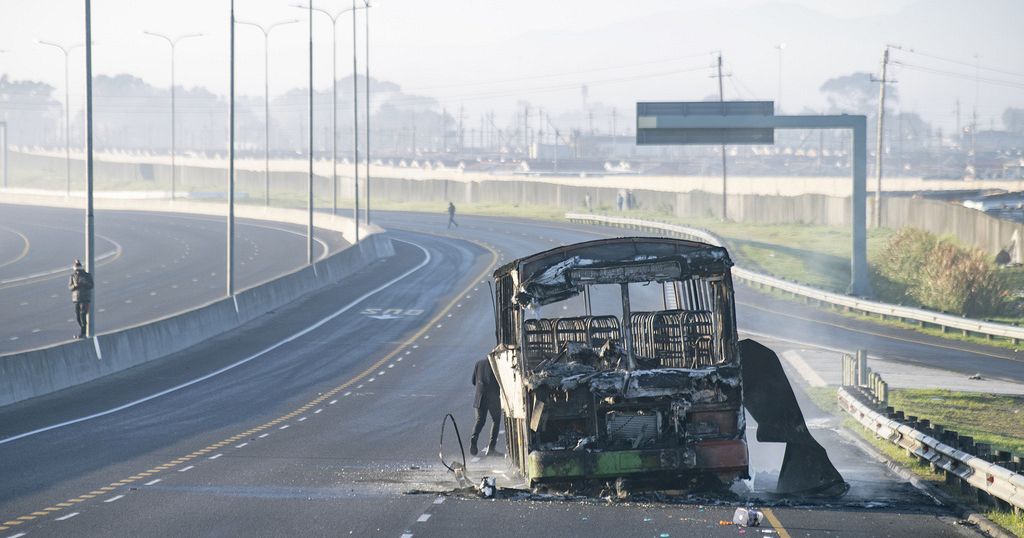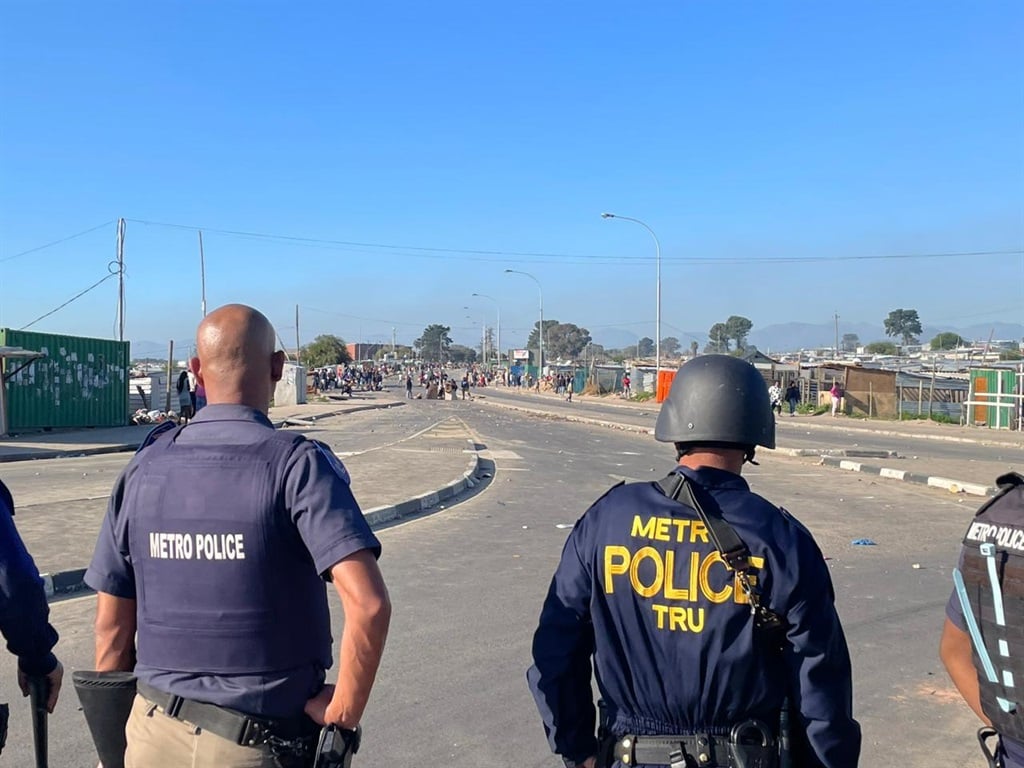In Cape Town what started as a protest by minibus taxi drivers against perceived injustices has now escalated into a violent and deadly confrontation between the transport industry and local authorities. The continuous strike, organized by the South African National Taxi Council (SANTACO), has paralyzed the city’s public transport system, leaving commuters stranded and businesses crippled.

Also Read: Turkey’s Derince Port: Several Injured as Blast Hits Grain Silos
The strike, at first started by a new municipal law granting city officials the power to impound taxis for various offenses, rapidly grew into a full-blown crisis. SANTACO, addressing the interests of taxi operators and drivers, argued that the law unfairly targeted their livelihoods and accused the city of imposing exorbitant fines and fees for the release of impounded vehicles.
The tense circumstance heightened when talks among SANTACO and the city government broke down, leaving commuters stranded and roads barricaded.
As the strike entered its second week, reports emerged of violence and mayhem spreading across the city. Five lives were unfortunately lost in the conflicts, including a 40-year-old British national whose family is now receiving support from the UK Foreign Office.
The victims, caught in the crossfire between protesting taxi drivers and law enforcement, highlight the dire consequences of the escalating conflict.
The strike’s effect extended far beyond the immediate clashes. Thousands of commuters were left stranded, unable to reach their workplaces, schools, and healthcare facilities. Schools remained closed, hospitals struggled to operate at full capacity, and daily routines were disrupted.
Also Read: Pakistan Train Accident: At Least 28 Killed, Nearly 100 Injured
The once-bustling streets of Cape Town turned into scenes of chaos, as burning barricades and impromptu roadblocks became symbols of the unrest.
The local government’s reaction to the emergency has been a mix of condemnation and commitment to maintaining order. City authorities condemned the violence and lawlessness while asserting their commitment to upholding the rule of law.
They defended the new municipal law, stating that it was aimed at ensuring road safety and orderly transportation. However, critics argue that the heavy-handed approach has aggravated tensions and hindered productive dialogue between the parties involved.
The strike’s effect resounded past Cape Town’s boundaries, inciting concerns both broadly and globally. The South African Ministry of Police reported over 120 arrests since the strike’s inception, detailing incidents of looting, stone-throwing, and arson.
Also Read: Italy’s Coast: At least 2 Killed, 30 Missing After Migrant Shipwrecks
South Africa’s reputation as a tourist destination also suffered, with both the United Kingdom and Australia issuing travel advisories cautioning against visits to Cape Town due to the ongoing unrest.
Calls for a resolution have intensified as the strike’s effects continue to ripple through the city. Transportation Minister Sindisiwe Chikunga emphasized the importance of cooperation between the city government and taxi operators.
She asked all parties to meet up to figure out something worth agreeing on and shut down the violence and disruption that has plagued Cape Town.
The taxi strike’s effect on Cape Town serves in as an obvious sign of the mind boggling difficulties confronting urban transportation systems and the need for effective communication and collaboration between stakeholders.
As negotiations and discussions continue, the city’s residents hope for a swift resolution that prioritizes safety, stability, and the well-being of all involved.
Also Read: Iraq Blocks Telegram App Due to Data Violations


/cloudfront-us-east-2.images.arcpublishing.com/reuters/CA2L5TGK5BM7NL7KEDYGHX6ISA.jpg)




















+ There are no comments
Add yours